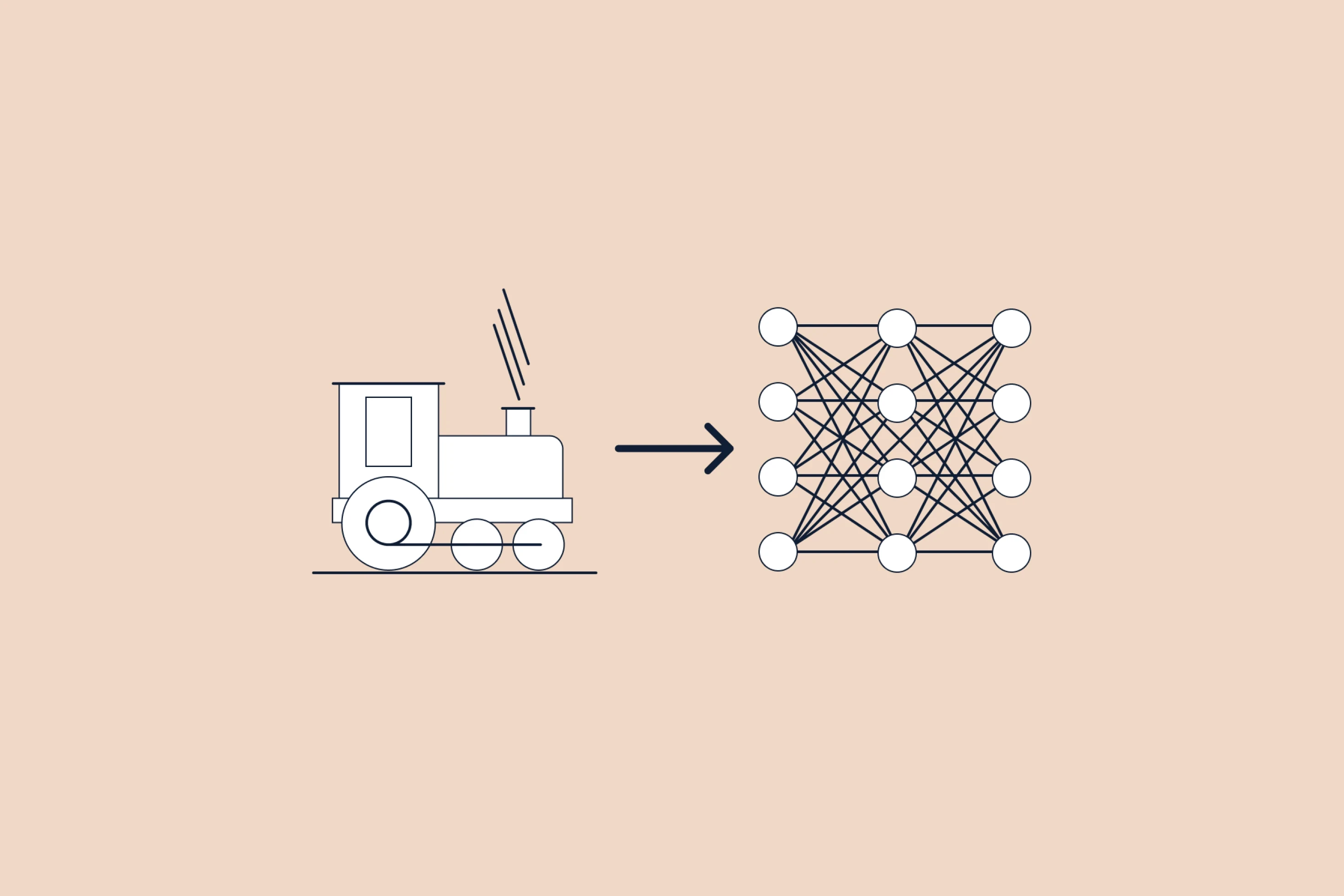Why Automating Your Process Will Make It 9x Better
Processes are how companies create sustained value every day. Inputs undergo a series of transformations to be turned into higher value outputs. On the flip side, each process implies certain execution costs, and optimizing them will allow companies to capture and retain more value.
Process automation is the clearest way to optimize your processes. Below are 9 reasons you should start automating your processes.
It’s faster
Automating process steps will increase your speed of execution. Workflows will execute as soon as pre-defined conditions are met. Notifications pushing the right information to the right people will allow them to react faster. Complex data manipulation operations that would take minutes to replicate manually happen within seconds. Delegating work to computers first means you gain speed.
It facilitates coordination
Processes involving multiple teams frequently fail because of a single point of failure or overall poor coordination. An automated process step removes unnecessary coordination efforts while providing visibility on how each process instance was performed. Human to human coordination will always be necessary, but in some areas you’re just better off leaving it to the machines.
It ensures reliable outputs
A fully automated process removes the need for human intervention, thereby avoiding manual mistakes. Whenever it is not possible to automate everything and you still need humans in the loop, data checks and monitoring dashboards can still help companies manage and reduce these.
It saves you time
Some processes will involve repetitive manual tasks you and your team must perform. Automating these will save you a significant amount of time. Time that can be immediately reinvested in high value activities.
It’s cheaper at scale
There is definitely a trade-off to consider before jumping into automating any process. Building an automation, even with a no-code platform, still requires time and effort and should be evaluated as an investment. That said, pretty much anything that is expected to imply large volumes of repetitive work is a no-brainer to automate when you take a long-term view.
It unlocks new insights
You can measure many more things in an automated process than in a manual one, since you are dealing with software. For instance, you can easily count process runs or send automated reports to Slack. You can also more easily break data silos by combining multiple data sources together. What took multiple CSV exports and a heavy dose of VLOOKUPs can now displayed on screen, in real time. These new insights allow teams to find new ways to create value and better operate.
It opens up new possibilities
As you start automating multiple processes around you, things will start to connect and the scope of what is possible starts to broaden. For instance, if your CRM is automatically enriched using external APIs, and as soon as a new lead enters it you are able to precisely score it, you could push that information back to your Marketing team running ad campaigns. Instead of waiting that more information is available on the leads they generated, or how much revenue was generated along the way, they would get near instant feedback on a campaign targeting performance.
It’s fun
Yes, you read that right. Automating a process can be incredibly fun and engaging, especially when the person building the solution is the same person that used to run it manually. In some cases, it could even turn an extremely tedious and repetitive process into a fun project. For instance, reconciling revenue each month done the usual way involves Excel, pivot tables and endless VLOOKUPs. Automating this matching process becomes a game of finding and building logical steps to match 80%, then 90% then 95% of all invoices.
You could make money with it
Last but not least, in some cases your automated process could become a product or a productized service on its own. This is definitely more an edge case than the rule. However, truly outstanding execution turned into a full-fledged software or a productized service has a lot of value for people and companies trying to do the same thing.
There has never been a better time than now to start looking at automating your internal processes. No-code tools like Airtable, Make or Zapier, among others, allow operators to automate entire processes on their own, without depending on developers.
Operators, the ball is now in your court. Jump on the no-code train!
Zooming in on 9 Operators who became AI Builders
Explore how 9 operators transformed their businesses through AI solutions developed during the RMEP AI Hackathon, showcasing creativity and real impact.
This PE firm broke its own rule to deploy AI across 15 portfolio companies
How one PE firm deployed AI across 15 companies, transforming how teams work—during their busiest season.




